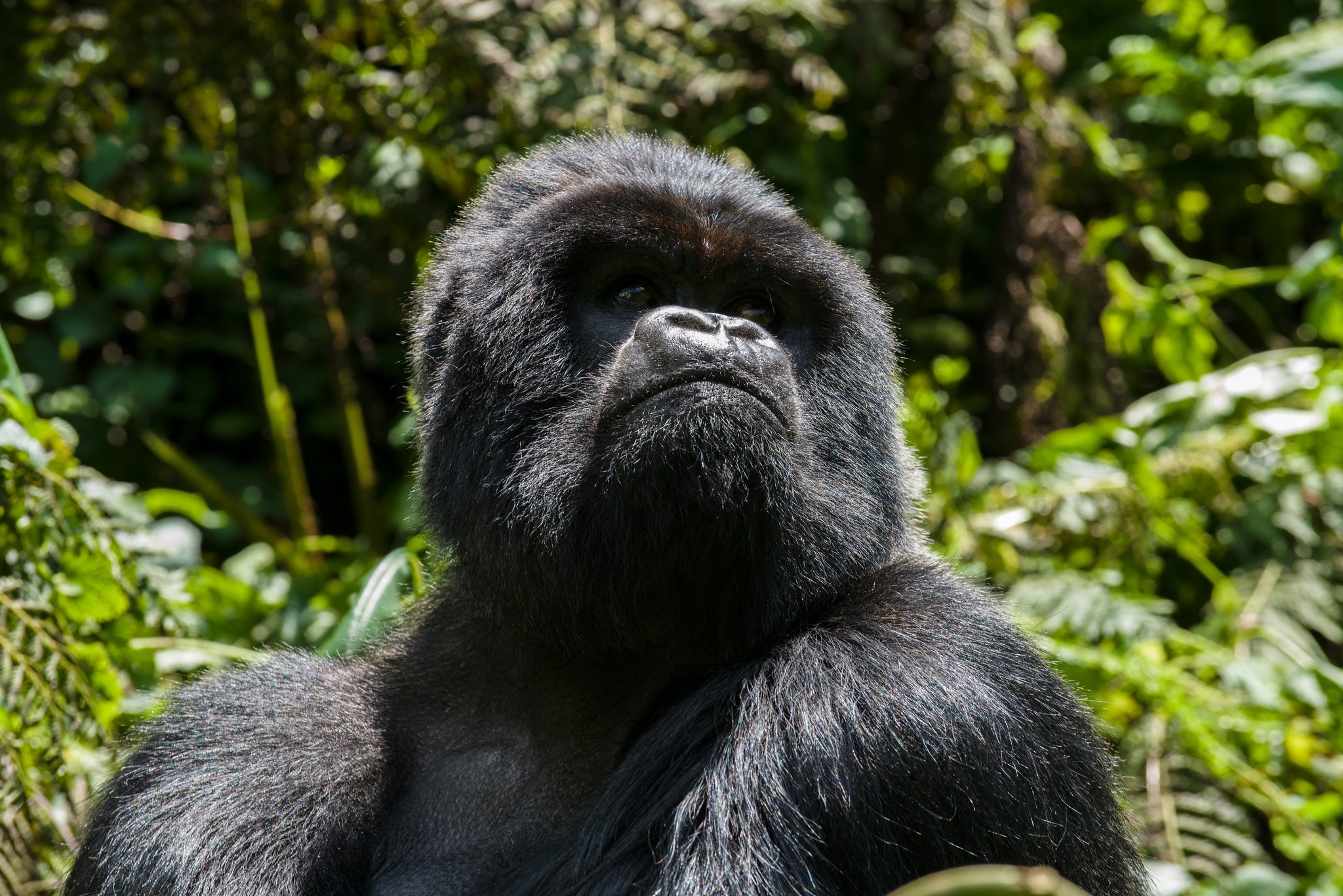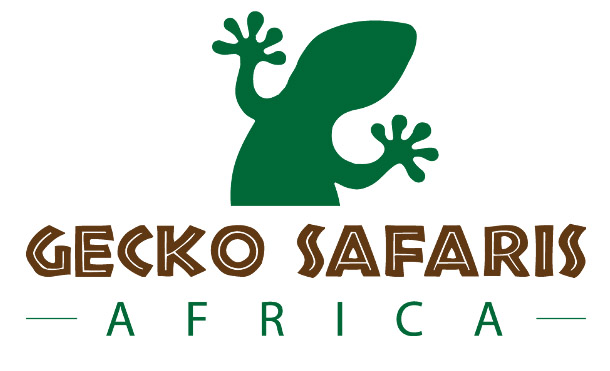Kwitonda Gorilla Group: The Majestic Mountain Gorillas of Rwanda
Rwanda, often referred to as the “Land of a Thousand Hills,” is home to one of the most awe-inspiring wildlife species—the mountain gorilla. Among the many gorilla groups that roam the lush, mist-covered slopes of the Volcanoes National Park, the Kwitonda Gorilla Group stands out for its captivating story, unique behaviors, and prominent role in conservation efforts.
Introduction to the Kwitonda Gorilla Group
The Kwitonda Gorilla Group is one of the most famous and respected groups of mountain gorillas in Rwanda. This particular group resides in the Volcanoes National Park, a UNESCO World Heritage Site located in the northwest of the country. The park is renowned for its rich biodiversity and is a sanctuary for these endangered primates. The Kwitonda group is well-known for its gentle nature and the significant role it plays in the ecosystem.
The Origin and Leadership of the Kwitonda Group
The Kwitonda Gorilla Group is led by a dominant silverback named Kwitonda. This silverback, who is both powerful and wise, has managed to guide his group through many challenges. Known for his calm and composed demeanor, Kwitonda earned his name, which means “humble” in Kinyarwanda, due to his peaceful nature and leadership style. His reign signifies stability within the group, with Kwitonda maintaining the respect of the females and younger gorillas alike.
Kwitonda’s leadership is marked by his ability to keep the group cohesive and secure. He ensures the safety of his family from external threats, such as rival gorilla groups or predators. His protective instincts have kept the Kwitonda Gorilla Group intact, allowing it to thrive in the dense forests of the Volcanoes National Park.
Group Structure and Social Dynamics
The Kwitonda group is composed of several members, including adult females, juveniles, and infants. The females in the group play a crucial role in raising the young gorillas, passing down knowledge of food sources and social behavior. Though the silverback is the leader, gorillas in the group maintain a strong sense of community and cooperation.
The social structure within the Kwitonda group is strict yet flexible. Dominance is often asserted by the silverback, but younger males also test their strength and abilities. However, the younger males are unlikely to challenge Kwitonda directly unless they are ready to form their own group. The females, on the other hand, show loyalty to the silverback, and the group’s cohesion is a testament to his ability to maintain peace and order.
Habitat and Daily Life of the Kwitonda Group
The Volcanoes National Park is an ideal habitat for the Kwitonda Gorilla Group. The park’s misty mountains, rich vegetation, and varied terrain provide a perfect environment for gorillas to forage, rest, and socialize. The primary food sources for the group include bamboo, fruits, and various plants, all of which are abundant in the park’s high-altitude forests.
Each day, the Kwitonda Gorilla Group embarks on a journey through the forest in search of food. They move silently through the underbrush, with the silverback leading the way. The group typically spends several hours foraging and feeding, with occasional breaks for resting. In the evening, the group builds nests in the trees or on the ground, where they sleep for the night. These nests are expertly crafted by the gorillas, who use branches and leaves to create comfortable sleeping spaces.
Conservation Efforts and the Kwitonda Group
The Kwitonda Gorilla Group plays an important role in the conservation of mountain gorillas in Rwanda. The group is part of a larger conservation effort aimed at protecting the species from poaching, habitat destruction, and diseases. Rwanda’s commitment to preserving its gorilla population has led to the establishment of strict protection measures for Volcanoes National Park.
Rwanda’s government, along with international conservation organizations, has made significant strides in ensuring the safety of mountain gorillas. The park is patrolled regularly by rangers, who monitor the movements of gorillas and safeguard them from potential threats. Additionally, eco-tourism plays a vital role in funding conservation initiatives. Tourists who visit the park to see gorillas up close contribute to the local economy and provide incentives for the protection of these incredible animals.
The Kwitonda group, like other mountain gorilla groups, is closely monitored by conservationists. Researchers track their movements, behavior, and health, using this data to make informed decisions about conservation policies. The success of the Kwitonda Gorilla Group in adapting to its environment and surviving threats demonstrates the efficacy of these conservation efforts.
The Importance of Eco-Tourism
One of the key reasons the Kwitonda Gorilla Group has thrived in recent years is the role of eco-tourism. Rwanda’s gorilla trekking industry allows tourists to visit the Volcanoes National Park and observe the gorillas in their natural habitat. This sustainable form of tourism generates significant revenue for the country and provides incentives for local communities to protect the gorillas.
Tourism also fosters a deeper understanding of the species. Visitors are educated about the challenges faced by mountain gorillas and the importance of conservation. This awareness leads to greater support for ongoing efforts to protect the gorillas, their habitat, and the surrounding ecosystem.
Challenges Facing the Kwitonda Group
Despite the successes of conservation efforts, the Kwitonda Gorilla Group still faces challenges. Habitat loss, human-wildlife conflict, and the threat of disease continue to pose risks to the group’s survival. The growing human population in Rwanda and the encroachment on the gorillas’ natural habitat have led to potential conflicts. These challenges underscore the importance of continued conservation work to ensure that the Kwitonda group and other mountain gorilla groups have a secure future.
Symbol of Hope and Resilience
The Kwitonda Gorilla Group is not just a family of mountain gorillas; it is a symbol of hope, resilience, and the success of wildlife conservation. Thanks to the efforts of the Rwandan government, conservationists, and the local community, the group continues to thrive in Volcanoes National Park. It serves as a reminder of the importance of protecting endangered species and preserving the natural world for future generations.


